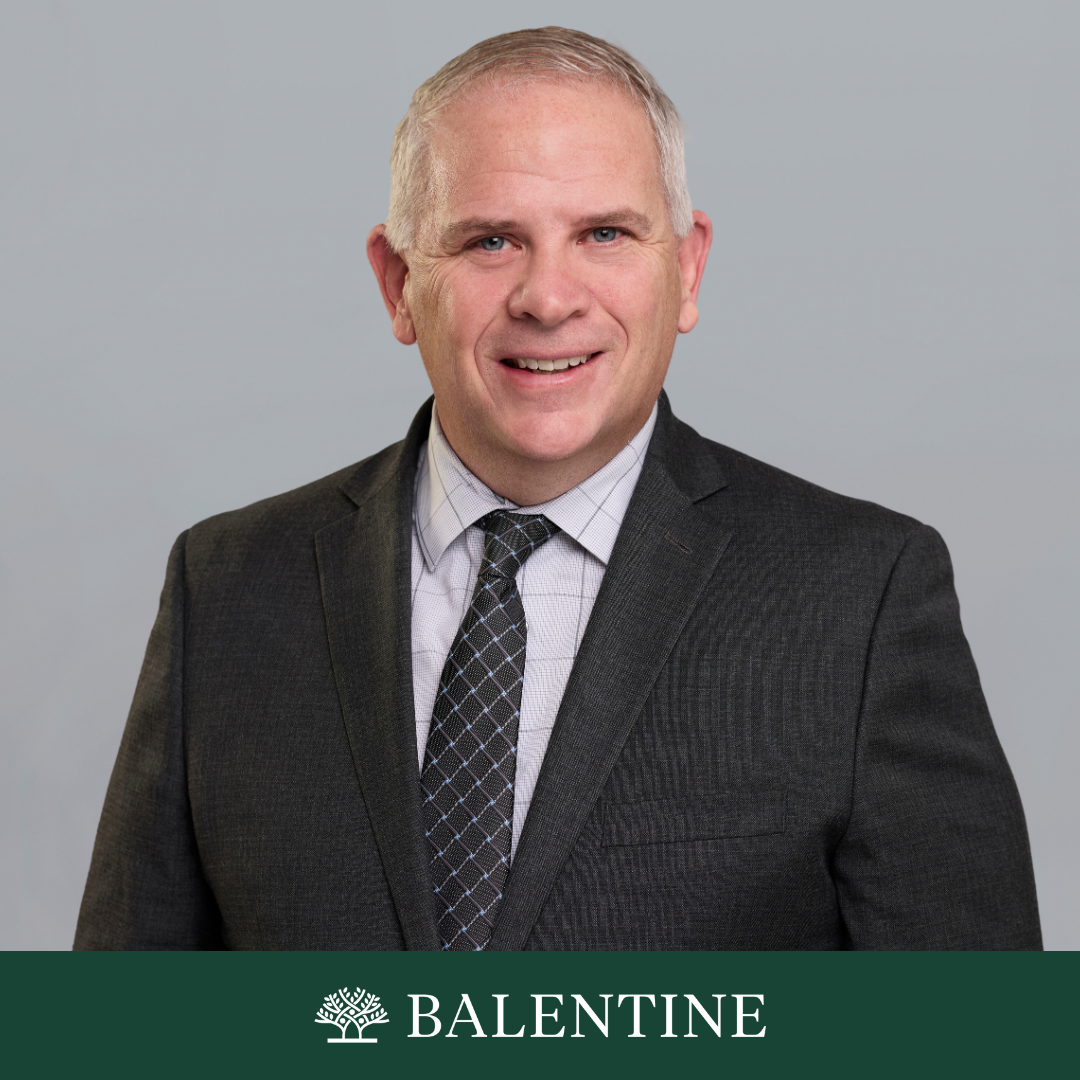Courageous Conversations about Your Legacy

This article was originally featured in Fast Company.
It’s been said that legacy is planting a seed in a garden that you’ll never get to tend. What seed will you plant in 2023?
Conversations about your legacy take on an entirely different significance if you are a first-generation wealth creator. You’ve likely spent so much time on your entrepreneurial or other pursuit, giving your all to becoming successful. By the time that success is realized, you’ve poured your heart and soul into the endeavor—maybe you’ve built something even bigger than you imagined—and perhaps you have not had the chance to spend a lot of time thinking about what comes next. What does success look like outside of your business—for yourself, your family, and the future?
In researching our book, First Generation Wealth: Three Guiding Principles for Long-Lasting Wealth and an Enduring Family Legacy, my co-author and business partner Robert Balentine and I were struck by what’s known as the shirtsleeves-to-shirtsleeves phenomenon, or the reality that most fortunes are made and lost within three generations. Since publishing our book, we’ve had even more conversations with wealth creators about legacy and family, and while every situation is different, there’s a common thread throughout the families that get it right. They talk to one another, openly and frequently, about their vision for both the near and the far future. Those conversations aren’t always easy. In fact, sometimes they are complicated by differing views, misaligned expectations, and assumptions that don’t pan out.
Still, experience—and the experts—tell us the more communication, the better. In his book, Borrowed from Your Grandchildren: The Evolution of 100-Year Family Enterprises, our friend Dennis Jaffe reminds us that the families who have the best and most open avenues of communication become the most enduring families.
If you’re in the fortunate position of being or becoming a wealth creator, how can you best have these courageous conversations with the people in your circle? Creating a strong and enduring legacy doesn’t happen overnight, and it’s likely the conversations you’ll have will become more and more meaningful over time, as your family and heirs become involved and invested in building your shared legacy.
HERE’S HOW TO GET IT RIGHT
Prepare. Courageous conversations require a degree of readiness, and success depends on you—and your partner/spouse if you have one—getting aligned on what you want the outcome to be. If you have young children, you’ll be thinking about a longer time horizon. If your children or heirs are young adults or beyond, your conversations will have more urgency.
Set a goal. What can you realistically accomplish in 2023 toward your legacy? If this is the first time you’ve initiated conversations with your family, you’ll be setting the stage for this series of talks that could extend over weeks, months, and years. Rather than come to the conversation with a big agenda, you’ll want to start by gauging their interest, knowledge level and readiness. On the other hand, if you and your family are largely aligned, perhaps this is the year you begin to prepare your heirs for who will lead these conversations in the future.
Map out your plan. Think about breaking the series of conversations down in such a way that you don’t overwhelm yourself or your family. In other words, plan ahead for an ongoing dialogue versus a single conversation. One of the principles from our book is to distinguish between your business and the business of your family. In other words, don’t run your family meeting the way you would a board meeting! Families have a different dynamic than a business—and while that can complicate things, you are likely to be more successful if you and your family can commit to both formal and informal conversations about the things you care most about.
Keep the long view. Last year’s challenging capital markets sent a sharp reminder of how important it is to think about risk, diversification, and liquidity in totality from both a family and a business perspective. While your conversations with your family may indeed involve financial forecasts, remember that when you think about family and legacy, you’re thinking about a much longer time horizon. Separate conversations about legacy (vs financial performance of your investments) are important because they are a time when you can get alignment about what matters most to the family and how those decisions are made. All of this is key to your effort to prepare the next generation to eventually be in the position of making those decisions for the family.
Invite fresh perspectives into your conversations. Creating a legacy that stands the test of time must naturally take into account all the ways in which the world could change across generations of your family. How does your spouse—and their family—factor into your conversations? Pillow talk is powerful; can you ensure it is also purposeful? Will your heirs want to be a part of the family business, or do they have other passions? Creating a dialogue with your family that invites fresh perspectives is a great way to ensure that you are all equally invested in what you are building.
It’s been said that legacy is planting a seed in a garden that you’ll never get to tend. What seed will you plant in 2023?
Browse our collection of resources from trusted thought leaders.
Balentine experts offer their authentic take on the latest financial topics, including our exclusive market publications, news, community events, and more.
%20(1).png)
.png)

.png)
.png)


%20(1).png)